Module Instructor: Dr Pichamon Yeophantong
COVID-19 vaccine scams
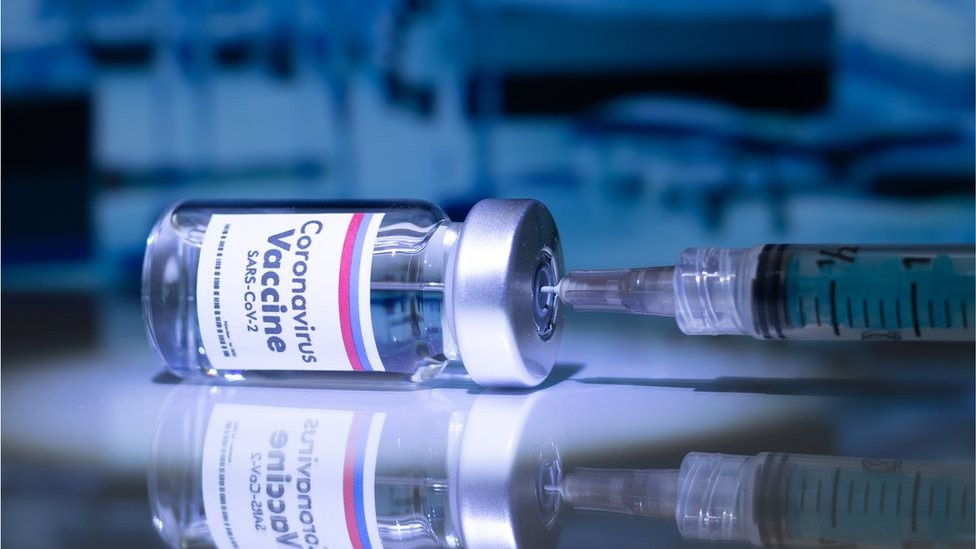
The COVID-19 vaccine is becoming available, and the grand demand is triggering different criminal activities. For example, circulation of falsified vaccines on illicit markets or their introduction into the legal market, trafficking of fake or substandard vaccines that have fallen out of the cold chain, and the theft of cargo and even medical waste such as empty vials.
Protect Your Kids
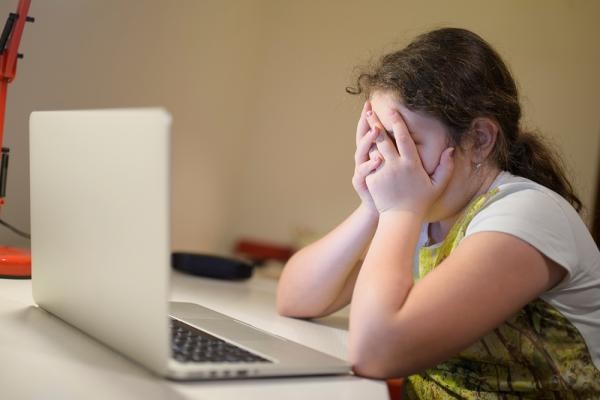
COVID-19 has been declared a global pandemic in March of 2020. The virus is having both short-term and far-reaching implications for our families, friends and colleagues. It also has an impact on our work, and will affect the achievement of our shared vision of a world without violence against children. As the virus continues to spread across the world, we are all facing multiple new stresses, including physical and psychological health risks, school and business closures, family confinement, isolation and economic vulnerability. Through all of that, children are particularly vulnerable.
How do Mafias and rebels help to fight the pandemic!?

The coronavirus pandemic has become a test for states around the world. Governments were unprepared for such large vacancy crisis: health systems faced shortage of resources, social support agencies could not stand the surge in welfare claims, and existing governance problems worsened.
Cybercrime during COVID-19 pandemic
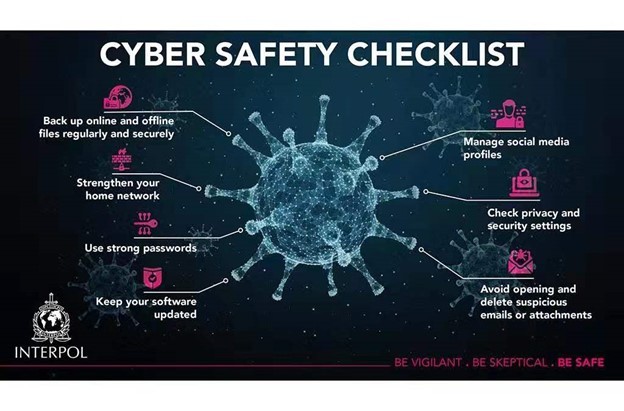
Cyberthreats are constantly evolving in order to take advantage of online behaviour and trends. The COVID-19 outbreak is no exception. Cybercriminals are attacking the computer networks and systems of individuals, businesses and even global organizations at a time when cyber defences might be lowered due to the shift of focus to the health crisis.
Smuggling during COVID-19

During the COVID-19 pandemic, the global trade in legitimate goods has declined sharply and is forecast to be down 10% year on year in 2020. Meanwhile, on July 1, Italian police made the largest amphetamine seizure in the world. What’s more, the trade in counterfeit drugs and medical equipment has been in overdrive. US border authorities recently confirmed that they had seized nearly a million units by the beginning of June. These record indicates that illegal smuggling during the pandemic is increasing. How does it happen?
Human trafficking during COVID-19
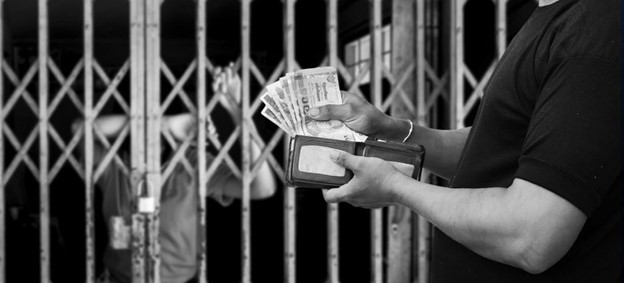
The COVID-19 pandemic is causing tremendous tension around the world, affecting the lives of everyone. Unprecedented measures taken to reduce infection rates include enforced quarantines, curfews and bans on leaving the house, restrictions on movement, and economic and community life. The pandemic has exacerbated and highlighted systemic and deep-rooted economic and social inequality, millions of new unemployed generated by the economic crisis during the pandemic, refugees and migrants losing their livelihoods, constitute a powerful basis for a social pandemic - human trafficking. Travel restrictions, cancellations of international flights and other measures to contain the spread of the coronavirus have left trafficking victims with...
Drug trade in Golden Triangle, Thailand
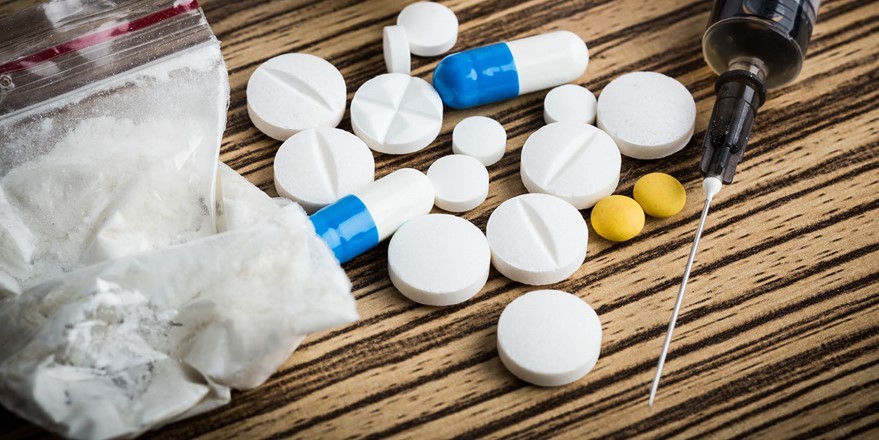
In Thailand during COVID-19 situation, 9 main drug traffickers were arrested and deterred with the seizure of large numbers. In total, 17.1 million tablets of methamphetamine, 230kg of ice, 150kg of ketamine, 6kg of heroin, and 400kg of cannabis.
Will Covid-19 Tame Wildlife Trade?
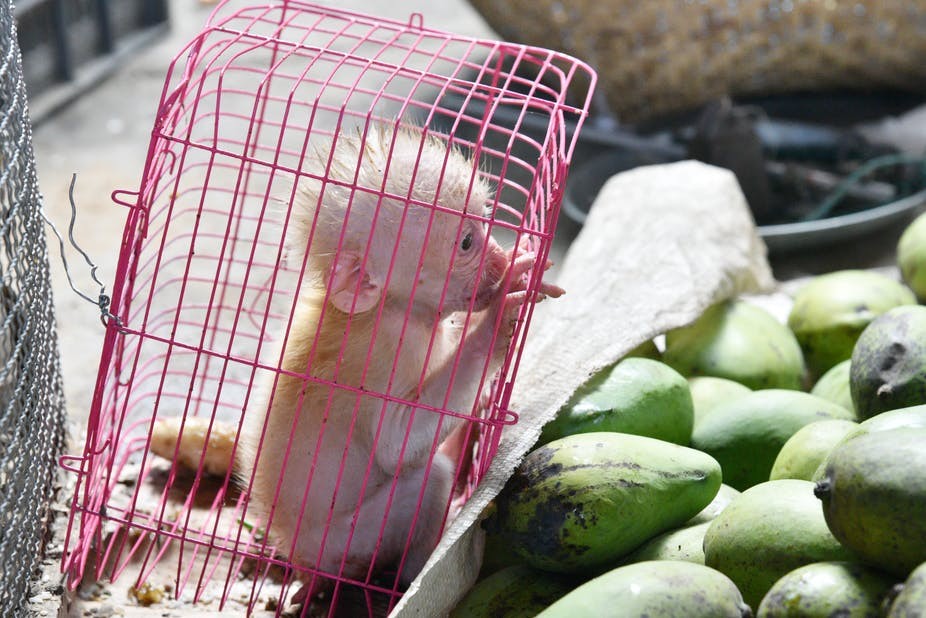
Wildlife trade, whether legal or illegal, is an extremely complex phenomenon, with an intricate net of trade and smuggling routes, various actors involved in hunting, collecting, poaching and breeding of animals, stockpiling, wholesale, processing and marketing of animal products or products containing animal derivatives or parts.
COVID-19 vaccines under criminal threat

On December 3, FBI, the Department of Homeland Security’s Cybersecurity and Infrastructure Security Agency issued a security alert on the risk to the coronavirus vaccine distribution chain.
Criminal governance during the pandemic
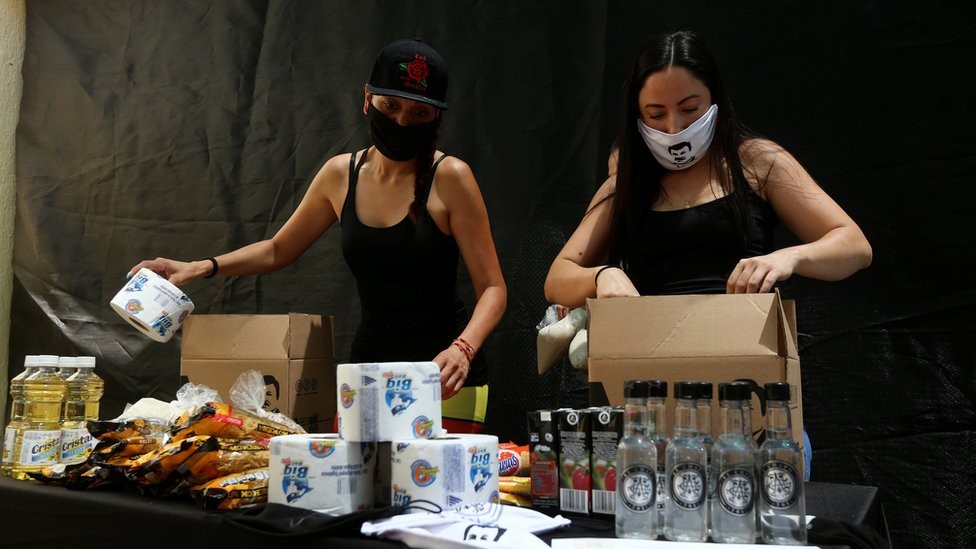
Criminal governance is complex, and part of a larger mosaic of authority, which isn’t always antagonistic or opposed to how the state wants to govern. Rather than usurping the state’s power, the current health crisis actually reflects a case where both state and criminal interests could be quite convergent.